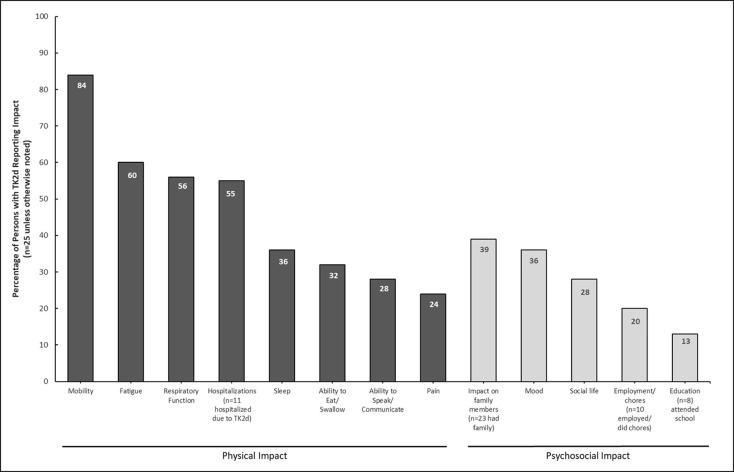Elsevier,
Sustainable Chemistry for Climate Action, Volume 2, January 2023
The article is related to SDG 13 and investigates the use of carbon neutral sources, such as biowaste, in the conversion to biooil. Catalytic liquefaction of various organic waste (mandarin peel, coffee grounds and cocoa shell) to synthesize an oil which can be used as a sustainable fuel is described.
Elsevier,
Neuroscience & Biobehavioral Reviews,
Volume 145,
2023
This article ties to SDG 3. Analyzing relations among neuronal, endocrine, immune, and biochemical signatures of trauma and internalizing and externalizing behaviors, including the role of personality traits in shaping these conducts, this review highlights that the marked effects of traumatic experience on the brain/body involve changes at nearly every level of analysis, from brain structure, function and connectivity to endocrine and immune systems, from gene expression (including in the gut) to the development of personality.
Elsevier,
The Lancet Planetary Health, Volume 7, Issue 1, January 2023, Pages e97-e102
This Personal View supports SDGs 3 and 16 by presenting a case study using Indigenist health humanities to offer a way to understand planetary health. The authors indicate that embedding Indigenous knowledge and voices into planetary health education is important as part of decolonising learning in health professional education.
Elsevier,
Journal of African Earth Sciences, Volume 197, January 2023
This article supports SDGs 13, 15 and SDG 11 by exploring the utilization of soil microbe based desertification management practices and highlighting emerging technologies in the field. It discusses the policy implications and strategies that can support
Elsevier,
Journal of Nutrition, Volume 153, January 2023
This study aimed to to examine the associations between dietary nutrient density and climate impact and MI and stroke HRs, thereby investigating the co-benefits and trade-offs between nutrition, dietary climate impact, and cardiovascular health, within a population-based prospective cohort in northern Sweden. Importantly, the results indicate an association between lower dietary climate impact and higher MI HRs for men, both when nutrient density was below median values and when nutrient density was not considered. For women, there was no significant association between dietary climate impact and MI HR, although a trend similar to that for men was noted when nutrient density was below median values. Furthermore, no association between nutrient density and MI or stroke HRs was observed, except for a protective effect against stroke among women with higher nutrient density when nutrient density was analyzed without considering climate impact.
Elsevier,
Mitochondrion, Volume 68, January 2023
TK2d is an ultrarare autosomal recessive mitochondrial DNA depletion syndrome. Nucleoside therapy improves or stabilizes disease across key outcomes including survival, ambulation, and requirement for mechanical ventilation. However, little is known about the effects of nucleoside therapy treatment of TK2d from the patient's perspective. This study sought to address this knowledge gap.
Elsevier,
Journal of Climate Change and Health, Volume 9, 1 January 2023
This article advances SDG # 3, 5, 7, 10, 11, and 13 by measuring the strong relationship between air pollution and adverse pregnancy outcomes including low birth weight and preterm birth. It shows that fossil-fuel based pollution has serious health consequences, mitigation of which could have immediate health benefits, particularly in high-pollution environments. T


